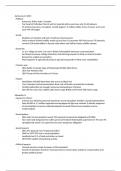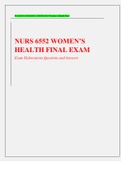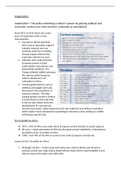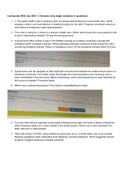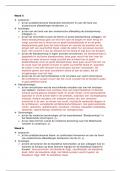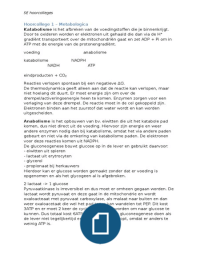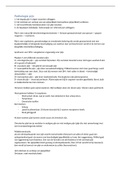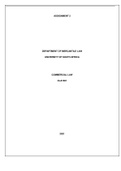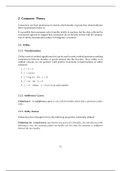Summary
Summary Tsarist and Communist Russia H
- Institution
- AQA
Specific notes for every section of Tsarist and Communist Russia History A-level AQA course. Won’t need any other resources if you remember the key details and facts on this document, coming from an A* student from 2024 A-level exams.
[Show more]
